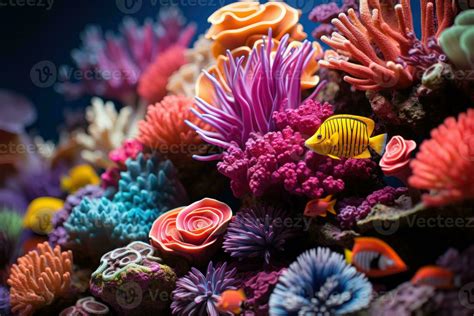The vast expanse of the ocean harbors an immense tapestry of life, providing sustenance and livelihood for billions worldwide. However, human activities increasingly pose threats to this vital ecosystem, necessitating concerted efforts to protect and conserve its biodiversity. Ocean conservation internships offer an invaluable opportunity for individuals to contribute to these critical endeavors.

Why Ocean Conservation Matters
- Biodiversity Hotspot: The ocean encompasses over 70% of Earth’s surface and supports an estimated 2 million marine species, making it the richest repository of life on the planet.
- Economic Value: Marine resources provide food, medicine, transportation, and recreation, generating trillions of dollars annually.
- Climate Regulation: The ocean plays a pivotal role in absorbing carbon dioxide and regulating global temperatures.
- Coastal Protection: Healthy coral reefs and mangroves act as natural barriers, mitigating erosion and protecting coastal communities from storms.
Benefits of Ocean Conservation Internships
Internships in ocean conservation provide an unparalleled opportunity to:
- Gain Practical Experience: Engage in hands-on research, conservation projects, and outreach initiatives.
- Develop Valuable Skills: Hone skills in marine biology, environmental science, data analysis, and communication.
- Build Professional Connections: Network with experts in the field and establish valuable relationships for future career opportunities.
- Make a Meaningful Contribution: Participate in efforts that directly impact the preservation and sustainability of marine ecosystems.
Common Mistakes to Avoid When Seeking Internships
- Not Starting Early: Begin your search well in advance to secure the best opportunities.
- Only Applying to Prestigious Organizations: Consider smaller, lesser-known organizations that may offer more hands-on experiences.
- Neglecting to Network: Attend conferences, reach out to potential mentors, and utilize LinkedIn.
- Failing to Showcase Your Skills: Highlight your relevant knowledge, research experience, and volunteer involvement in your application materials.
Getting Creative: Internship Innovation
To create impactful internships, organizations can:
- Collaborate with Universities: Establish partnerships to design internships that complement academic programs.
- Offer Internships in Niche Areas: Provide opportunities to specialize in fields such as marine mammal conservation, coral restoration, or sustainable fisheries.
- Embrace Citizen Science: Engage interns in projects that involve data collection and analysis from community members.
- Create Mentorship Programs: Provide interns with guidance from experienced professionals in the field.
Types of Ocean Conservation Internships
| Type | Examples |
|---|---|
| **Research Internships** | – Marine biology research – Climate change impact assessments – Pollution monitoring |
| **Conservation Internships** | – Coral restoration – Sea turtle conservation – Mangrove reforestation |
| **Education and Outreach Internships** | – Marine education programs – Conservation workshops – Advocacy campaigns |
| **Policy Internships** | – Marine policy analysis – Environmental law – Sustainable development |
Where to Find Ocean Conservation Internships
- Conservation Organizations: World Wildlife Fund, The Nature Conservancy, Oceana
- Government Agencies: National Oceanic and Atmospheric Administration, National Science Foundation
- Universities and Research Institutions: Scripps Institution of Oceanography, Woods Hole Oceanographic Institution
- Online Platforms: LinkedIn, Ocean Conservancy’s Internship Database, Indeed
Frequently Asked Questions (FAQs)
-
What qualifications are required for ocean conservation internships?
– Typically, a bachelor’s degree in a related field such as marine biology, environmental science, or ecology is required. -
How long do internships typically last?
– Internships can range from a few weeks to several months, depending on the organization and program. -
Are internships paid?
– Internships may or may not be paid, depending on the organization’s funding and policies. -
How many hours per week do interns typically work?
– Interns can expect to work between 20 and 40 hours per week. -
Can I apply for internships internationally?
– Yes, many organizations offer internships in locations around the world. -
What are the career prospects for individuals with experience in ocean conservation?
– Internships can lead to careers in research, conservation, policy, education, and advocacy. -
How can I prepare for an ocean conservation internship?
– Gain relevant experience through volunteer work, research projects, or coursework. -
What are some challenges interns may face during internships in ocean conservation?
– Challenges may include physical demands, exposure to harsh weather, and working in remote locations.
